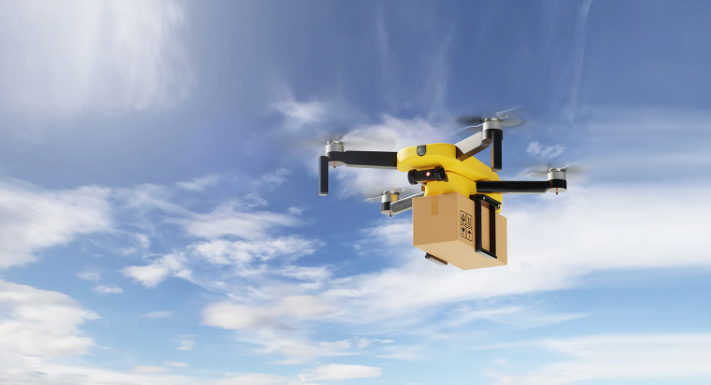|
At the heart of this revolution is a complex interplay of technology, regulation, and economics. Regulatory frameworks vary by country, but typically encompass pilot certification, drone registration, and strict flight restrictions. Privacy and data protection compliance, as well as insurance requirements, are also crucial considerations for operators.
Implementing a drone delivery service is no small feat. It requires robust air traffic management systems, secure landing zones, and advanced obstacle detection and avoidance technologies. Reliable communication networks and real-time weather monitoring capabilities are also essential for safe and efficient operations.
The technological requirements are equally demanding. Autonomous flight control systems, precise GPS and navigation technology, and sophisticated payload management systems form the backbone of any drone delivery operation. These must seamlessly integrate with existing logistics software, adding another layer of complexity to the implementation process.
Despite these challenges, the private sector has shown keen interest in drone deliveries. Several major retailers and logistics firms are already testing or implementing drone delivery programs, recognizing the potential for significant cost savings and improved service.
The economic benefits could be substantial. Some studies suggest that drone deliveries could reduce last-mile delivery costs by up to 70% compared to traditional methods. This dramatic reduction in costs could revolutionize e-commerce and delivery services, potentially passing savings on to consumers.

In terms of reliability, drones offer several advantages over human delivery. They can operate 24/7, are not subject to traffic congestion, and can provide direct point-to-point delivery. However, they may face challenges in adverse weather conditions or complex urban environments, areas where human delivery still holds an edge.
The cost of implementing a drone delivery system varies widely depending on the scale and complexity of the operation. A basic setup might start from $100,000, while large-scale operations could run into millions of dollars. Despite this significant upfront investment, many companies see the long-term potential for cost savings and improved service as justification for exploring this technology.
As drone technology continues to advance and regulatory frameworks evolve, we can expect to see more widespread adoption of drone deliveries. While challenges remain, the potential benefits in terms of speed, efficiency, and cost-effectiveness make this an exciting frontier in the world of logistics and delivery services.
Several companies around the world have implemented or are testing drone delivery services.
Wing (Alphabet/Google) - Australia and USA
Wing has been operating commercial drone delivery services in parts of Australia since 2019. They've also expanded to limited areas in the USA, including Christiansburg, Virginia. They deliver small packages, food, and pharmaceuticals.
Amazon Prime Air - USA
After years of development, Amazon began limited drone deliveries in Lockeford, California, and College Station, Texas in 2022. Their drones can carry packages up to 5 pounds.
Zipline - Rwanda and Ghana
Zipline has been operating in Rwanda since 2016, primarily delivering blood and medical supplies to remote hospitals. They've since expanded to Ghana and are looking to enter other markets.
Manna - Ireland
Manna has been operating in suburban areas of Ireland, delivering food, groceries, and small packages. They've partnered with local businesses and have plans to expand to other European countries.
Drone Delivery Canada - Canada
This company has been running several pilot projects in Canada, including delivering supplies to remote First Nations communities.
SF Express - China
One of China's largest courier companies, SF Express has been using drones for deliveries in rural areas since 2017.
Matternet - Switzerland
Matternet has partnered with Swiss Post to deliver laboratory samples between hospitals in several Swiss cities.

Despite the data limitations, we can outline some general trends and key players involved in drone delivery in the MENA region:
United Arab Emirates (UAE)
Dubai Future Foundation: This entity has been actively involved in supporting drone-related initiatives.
Amazon Prime Air: While not confirmed, there have been rumors about Amazon's interest in drone delivery trials in Dubai.
Saudi Arabia (KSA) - Neom:
This futuristic megacity project is likely to incorporate drone delivery as part of its overall smart city vision.
Saudi Arabia (KSA) - Local Companies:
Several Saudi companies are exploring drone-based solutions for various sectors, including logistics, agriculture, and security.
Posted on: Aug 5 2024
|